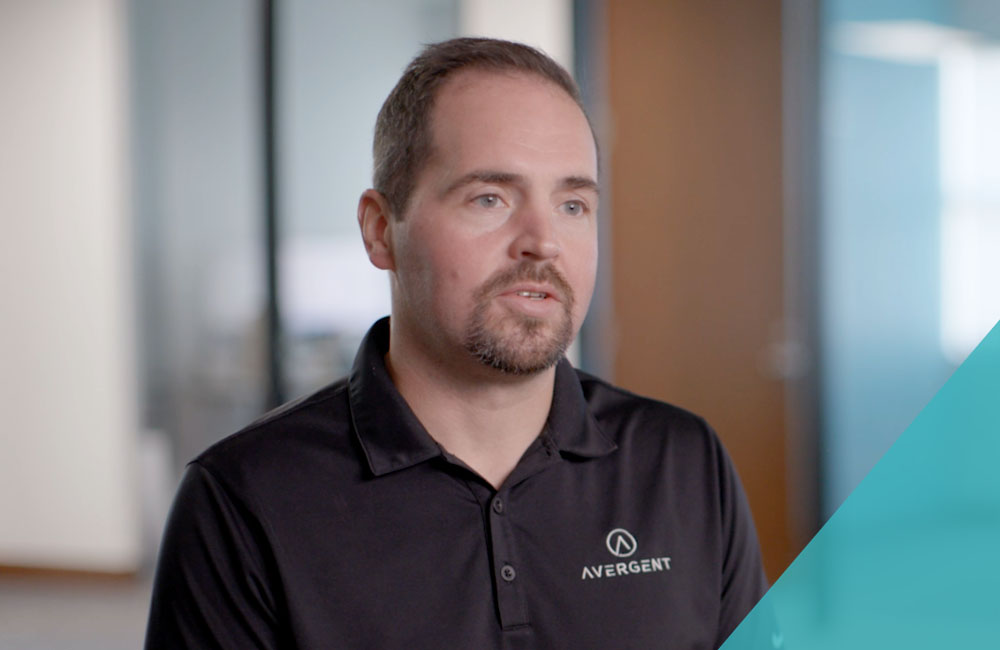
A Cornerstone of Health: Understanding the Vital Role of Primary Care
Primary care is at the core of our healthcare system and serves as the cornerstone of healthy communities. In a perfect world, primary care would be used first, most frequently, and would have built-in patient navigation. However, studies have shown that primary care utilization has been declining over the past few decades. Meanwhile, spending on specialty care and emergency services has increased.
This is, in part, because of provider consolidation and reduced access to care. Primary care practices are being consolidated or closed, causing a lower supply of primary care physicians (PCPs). Their uneven geographic dispersal also leads to limited availability – especially for last minute appointments.
Another barrier to accessing primary care is high healthcare costs. Many patients skip care because they are worried about being able to pay for the services. Unfortunately, skipping preventative and routine care can result in higher medical costs for specialty, urgent, and emergency care. Patients who delay care can also experience higher healthcare costs when they do seek care. This is because they may discover advanced conditions which are more expensive and difficult to treat.
Primary care is intended to establish the first line of defense against common chronic illness and facilitate solutions to complex issues that specialty care isn’t built to handle. Primary care is the key to keeping your employees and their families healthy and productive. So, how can you encourage them to utilize it? Make sure they know the full benefits of having a PCP including better overall health, care coordination, and access to disability benefits.
Maintain Overall Health
Primary care allows patients to create long-standing relationships with their physicians. And those trusted relationships reach patients in ways that specialized care can’t.
When patients see a provider regularly, that physician accumulates historical knowledge about the patient – their work history, mental health history, and family life which creates a better foundation to accurately diagnose health issues, recognize them earlier and deploy the appropriate care mechanisms to help manage them. This is not possible if a patient sees a different provider every time they seek care – for example, in an urgent care or emergency setting.
There is currently a physician shortage, which is making it difficult for people to get timely appointments. The average wait time for an appointment is 26 days. But patients who have an established PCP are able to get appointments faster than patients who do not. With an expected deficit of 37,800-124,000 physicians by 2034, it will become more important than ever for patients to have an established primary care physician. Having a PCP ensures patients have access not only to preventative care but to care for acute and chronic conditions when needed.
Holistic Care Coordination and Referrals
Navigating the healthcare system can be difficult and overwhelming, but PCPs can help patients navigate their care. A physician can serve as a kind of quarterback using a team of specialists to coordinate care efforts. Because a physician knows their patient’s history, they can view their health holistically. They can also help patients understand how conditions may interact with other factors in their life.
When patients need to see a specialist, they often need a referral from a PCP to make an appointment. If patients have an established PCP, they will be able to make appointments with specialized providers more quickly. Without a PCP, a patient could wait months for an establishing appointment before they can even get a referral. Patients with a PCP can also discuss results with their physician so they can understand their diagnosis and how to best move forward with their treatment.
Benefits
Sometimes a primary care physician’s signature is required for patients to be eligible for medical leave and disability benefits. In this case, if someone becomes ill or injured and is hospitalized, a generalist, hospitalist, or other medical professional cannot sign the paperwork required for the patient to receive medical or disability benefits. So, if the patient does not have an established PCP, they will not be able to access these much-needed benefits.
Many people do not know about this requirement and are blindsided after they have a major health event. So, it’s critical for employers to make sure their employees know the importance of establishing a relationship with a PCP, not just for maintaining their health through preventative and routine care, but to ensure they can receive proper care and support in the case of an adverse health event.
Advanced Independent Primary Care
Employers are increasingly using advanced primary care models because of its unique benefits for employees. Advanced primary care is an elevated standard of primary care measured by better health outcomes, higher patient engagement, and lower total healthcare spend for employers and employees. This model focuses on quality of care over patient volume, meaning physicians can dedicate more time to each patient, ensuring conditions are diagnosed accurately and managed effectively. Additionally, advanced primary care allows physicians to be in control of their schedules. This means they can offer flexible (sometimes same-day) appointments which increases access to care. Not only are appointments flexible, but services are also more available to patients because physicians have more time to perform routine operations.
The Alliance works to increase access to affordable primary care by contracting with a range of PCPs, including independent PCPs. Our Smarter NetworksSM cover 90% of the state of WI, reducing the geographic barrier to care. And our contracting methodology – Reference-Based Contracting by The Alliance – uses Medicare as a benchmark for fair pricing to reduce the financial barrier.
When employees utilize high-quality primary care, they can improve their overall health, engagement, and satisfaction. Employees who actively participate in their health with their PCP can show up better in all aspects of their lives.
We’ve created a handout you can share with your employees to help them decide when to utilize primary care. If you have questions about our flyers, please reach out to your account executive.








